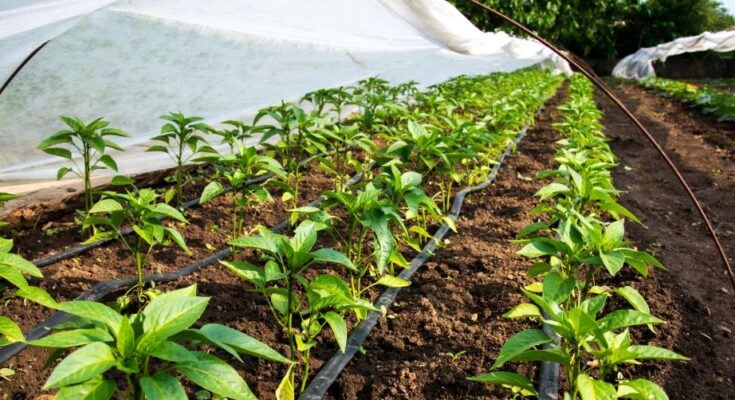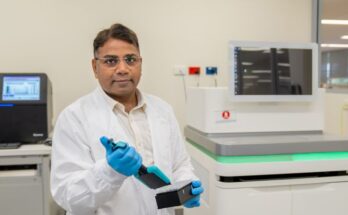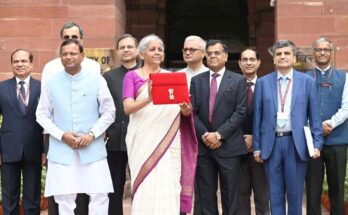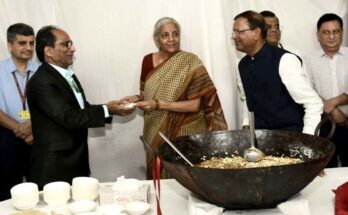In order to promote agricultural research and education, and to make the country self- reliant in the agriculture sector, Department of Agricultural Research and Education, Government of India and Indian Council of Agricultural Research (ICAR) have developed a country wide network of 103 agricultural research institutes, 75 agricultural universities including three central agricultural universities and 11 Agriculture Technology Application Research Institutes (ATARI) ably supported by a network of Krishi Vigyan Kendras (KVKs) at the district level mandated with technology assessment and demonstration for wider application and capacity development. The institutes are developing and promoting high yielding varieties and technologies for higher production, reducing farm input (manpower, seed, fertilizer and water) and improving the income of farmers, Union Minister of Agriculture and Farmers Welfare, Narendra Singh Tomar said in the Lok Sabha Tuesday..
During the past six years, to accelerate the development of new and improved crops, improved crop health and sustainable farming practices Nanaji Deshmukh Plant Phenomics Center for Research was established at IARI, Pusa, New Delhi. Towards creation of new state-of-the-art infrastructure, Rajendra Agricultural University, Pusa, Bihar was upgraded to Dr. Rajendra Prasad Central Agricultural University. Two new institutes on the lines of Indian Agricultural Research Institute (IARI) – IARI – Jharkhand and IARI – Assam were established. New colleges were started under Central Agricultural University, Imphal and Rani Laxmibai Central Agricultural University, Jhansi. Mahatma Gandhi Integrated Farming System Research Institute was established at Motihari, Bihar to provide holistic solution for the farming system in the flood prone areas. To improve the outreach of the ICAR among farming community of the country, 81 new Krishi Vigyan Kendras were established during the last six years taking the total number of KVKs upto 721, the minister informed the Lok Sabha..
Due to the varieties of crops, improved breeds of livestock, technologies and production practices developed by ICAR/NARS ably complemented by the programmes and policies developed and implemented by the government, the total production (2019-20) of foodgrains, pulses, oilseeds, sugarcane, horticultural produce, milk and fish has reached the mark of 295.67, 23.01, 33.50, 358.14, 313.35, 187.70 and 13.42 million tonnes per annum respectively thereby making India self-reliant or surplus in most of these commodities, Tomar added.




